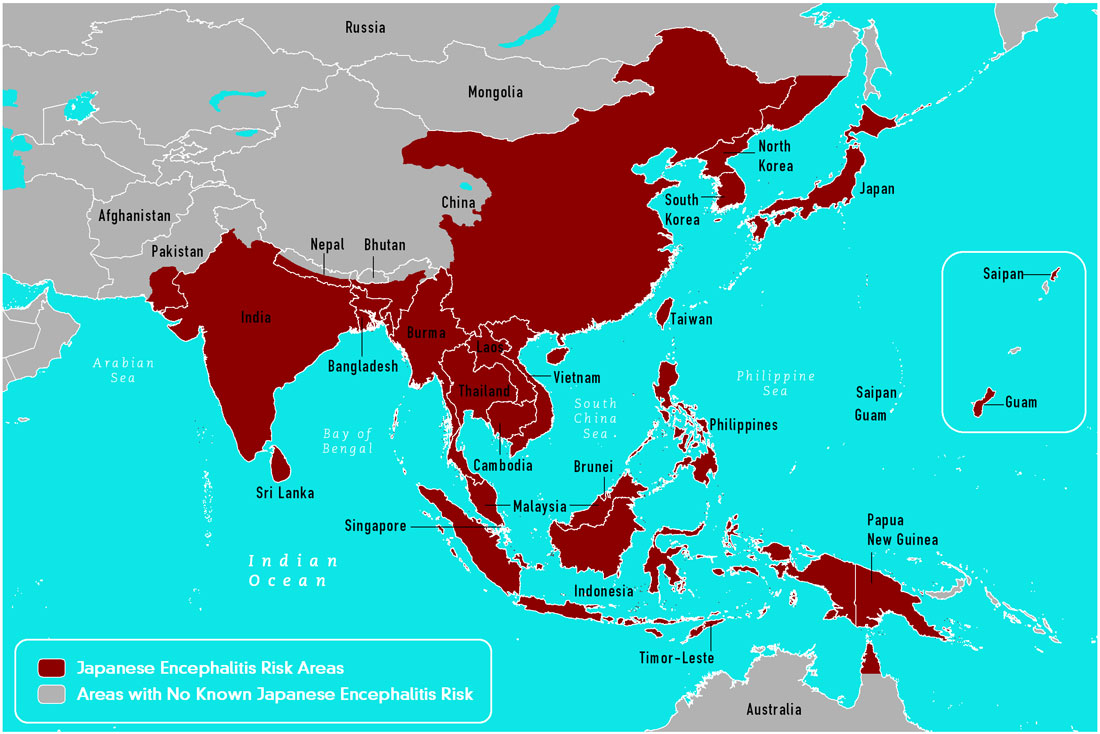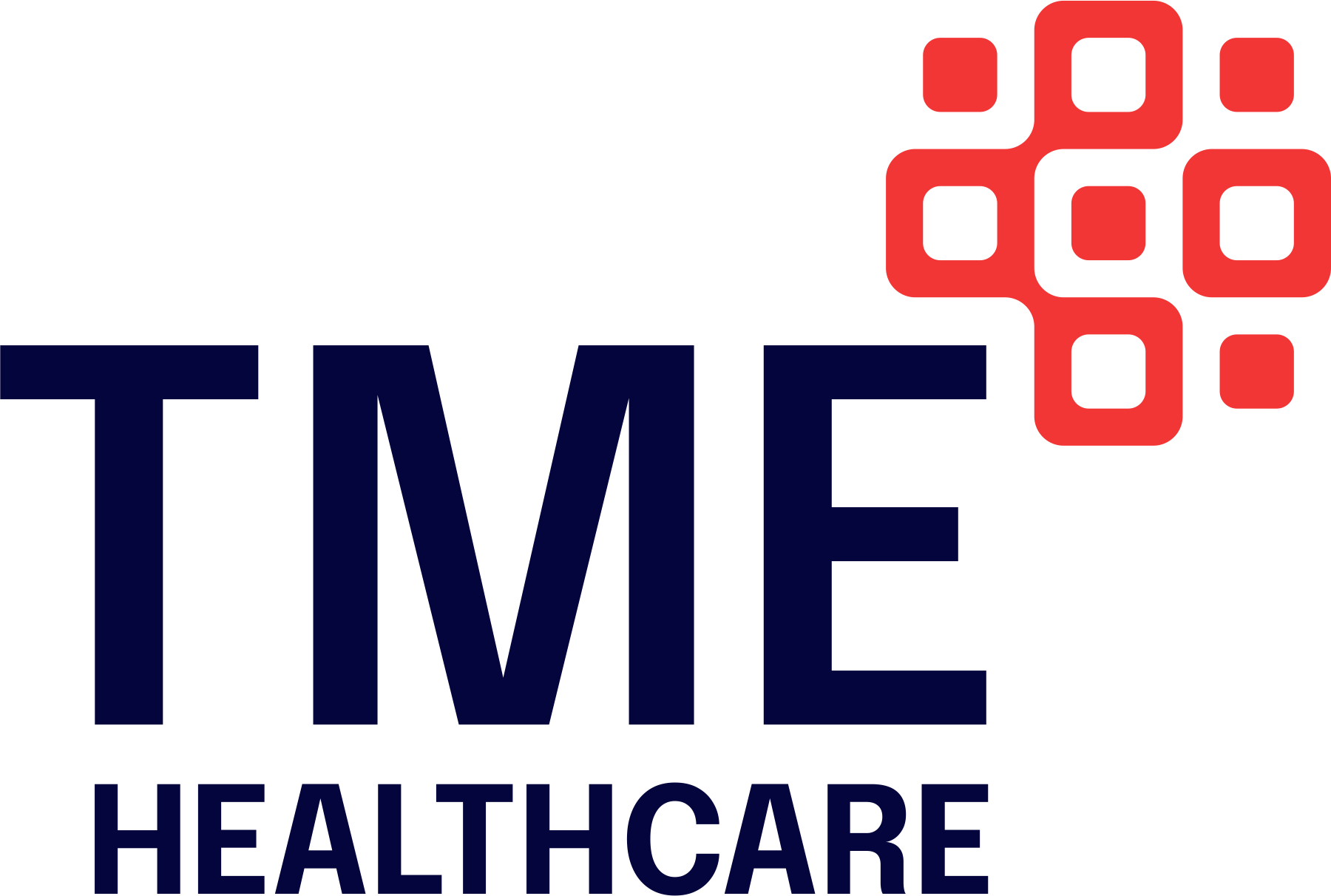
The Korea Disease Control and Prevention Agency (KDCA) issued a nationwide Japanese encephalitis alert on July 25, urging people to follow preventive measures and get vaccinated if eligible.
More than 50% of the mosquitoes collected in Gyeongnam and Jeonnam were confirmed to be Japanese encephalitis vector mosquitoes, prompting the nationwide alert.
As of July 24 (30th week), the Japanese encephalitis vector mosquito was confirmed to account for 63.2% (2,456/3,884) and 58.4% (1,684/2,878) of all mosquitoes in Gyeongnam and Jeonnam, respectively. This year's alert was issued in the same week as last year.
The mosquito that transmits Japanese encephalitis lives in rice fields, animal sheds, and ponds. It primarily feeds at night and is present throughout Korea. The density of vector mosquitoes peaks in August and September and remains active until the end of October.
When infected with the Japanese encephalitis virus, mild symptoms such as fever and headache usually appear. However, in rare cases, the infection can progress to encephalitis, leading to severe symptoms such as high fever, seizures, stiff neck, confusion, convulsions, and paralysis. About 20-30% of these severe cases can result in death. Even after recovery, 30-50% of patients who develop encephalitis can suffer from various neurological complications depending on the affected area.
In South Korea, there are approximately 20 cases of Japanese encephalitis each year, with the first patient typically reported between August and September, and cases continuing until November. Over the past five years (2019 to 2023), 91 cases of Japanese encephalitis have been reported, with 87.9% (80 patients) occurring in individuals aged 50 or older. By region, most cases were reported in Gyeonggi, followed by Seoul and Gangwon.
There is an effective vaccine for Japanese encephalitis. It is recommended that individuals born after 2011, who are eligible for national vaccination support, receive the vaccine according to the standard vaccination schedule.
Additionally, vaccination (for a fee) is recommended for adults aged 18 years or older who have never been vaccinated against Japanese encephalitis in the past and who:
Director Young-Mi Jee of the KDCA emphasized, “During the summer, there is a high possibility of exposure to Japanese encephalitis-carrying mosquitoes due to the many outdoor activities. Please be especially careful not to be bitten by mosquitoes, and those who are eligible for vaccination should get vaccinated according to the vaccination schedule.”
Herriman, R. (2024, July 26). South Korea issues nationwide Japanese Encephalitis alert. Outbreak News Today. https://outbreaknewstoday.substack.com/p/south-korea-issues-nationwide-japanese
